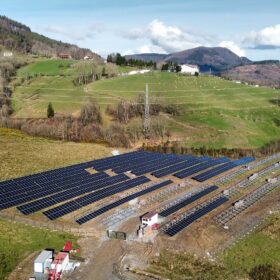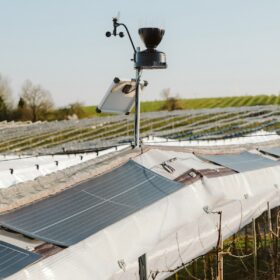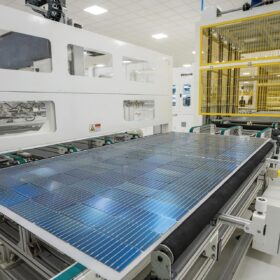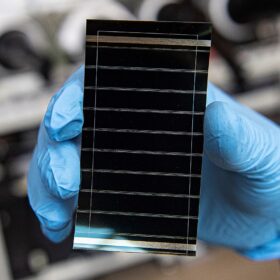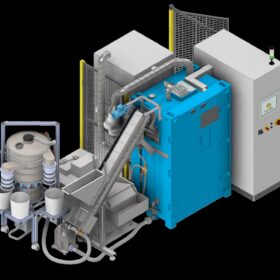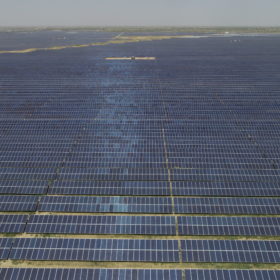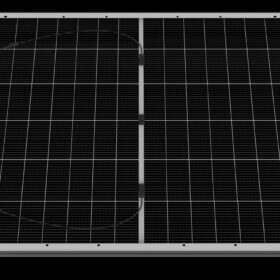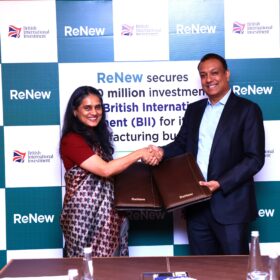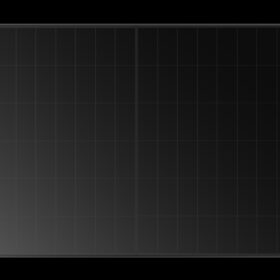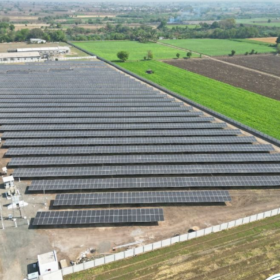Kosol Energie secures 400 MW PV module order for NTPC’s Khavda Solar Project
Kosol Energie spokesperson told pv magazine that out of the total 400 MW solar module order, 55 MW has already been supplied to the Khavda project site. The balance will be supplied in the next two-three months.
How to reconfigure PV modules in degraded solar plants
Indian scientists have developed six different strategies to reconfigure solar modules in degraded PV assets. Their analysis showed which conditions make the reconfiguration of an underperforming solar plant profitable.
Fraunhofer ISE testing agrivoltaics on standard weather protection covers
Fraunhofer ISE and German weather protection specialist VOEN Vöhringer are testing an agrivoltaic system that uses existing crop cover structures to support solar modules, eliminating the need for a dedicated mounting system.
Solex Energy’s new 2.2 GW solar module line to start production by October
Solex Energy Ltd is ramping up its solar module production capacity to 4 GW with the addition of a 2.2 GW line. The new production line is set for completion by September.
India added 25.3 GW of solar module and 11.6 GW cell capacity in 2024, says Mercom
Domestic manufacturers added 25.3 GW of solar module manufacturing capacity in 2024, taking the nation’s panel capacity to 90.9 GW as of Dec. 31, 2024.
Perovskite tandem provider integrates with existing solar manufacturing lines
While many perovskite developers pursue a 2-terminal format, which poses design and production constraints, Caelux uses a 4-terminal approach that bypasses technical challenges.
PV module recycling tech based on electrohydraulic shockwave fragmentation
An international research team has developed a new machine that utilizes shockwaves to separate the different materials of a solar PV module. Chemical processes can be further used to extract silicon and silver. Results show the recovery of more than 99.5% of the original weight of the panels.
Jindal (India) launches Al-Zn coated steel coils for solar module mounting structures
Jindal (India) Ltd has launched Jindalume line of aluminium-zinc (Al-Zn) coated coils designed for solar module mounting structures.
Acme Group targets INR 10,000 crore revenue from solar cell, module manufacturing business by 2030
Acme Group plans to scale the manufacturing capacity of its recently commissioned 1.2 GW solar module factory as well as establish a PV cell facility under its new business entity Acme Renewable Equipment Manufacturing.
Canadian Solar unveils 630 W anti-hail TOPCon PV panel
The Chinese manufacturer said its new bifacial module features a thicker 35 mm frame and 2.5 mm fully tempered glass on both sides. It has a power conversion efficiency of 23.3% and a temperature coefficient of -0.29%/C.

